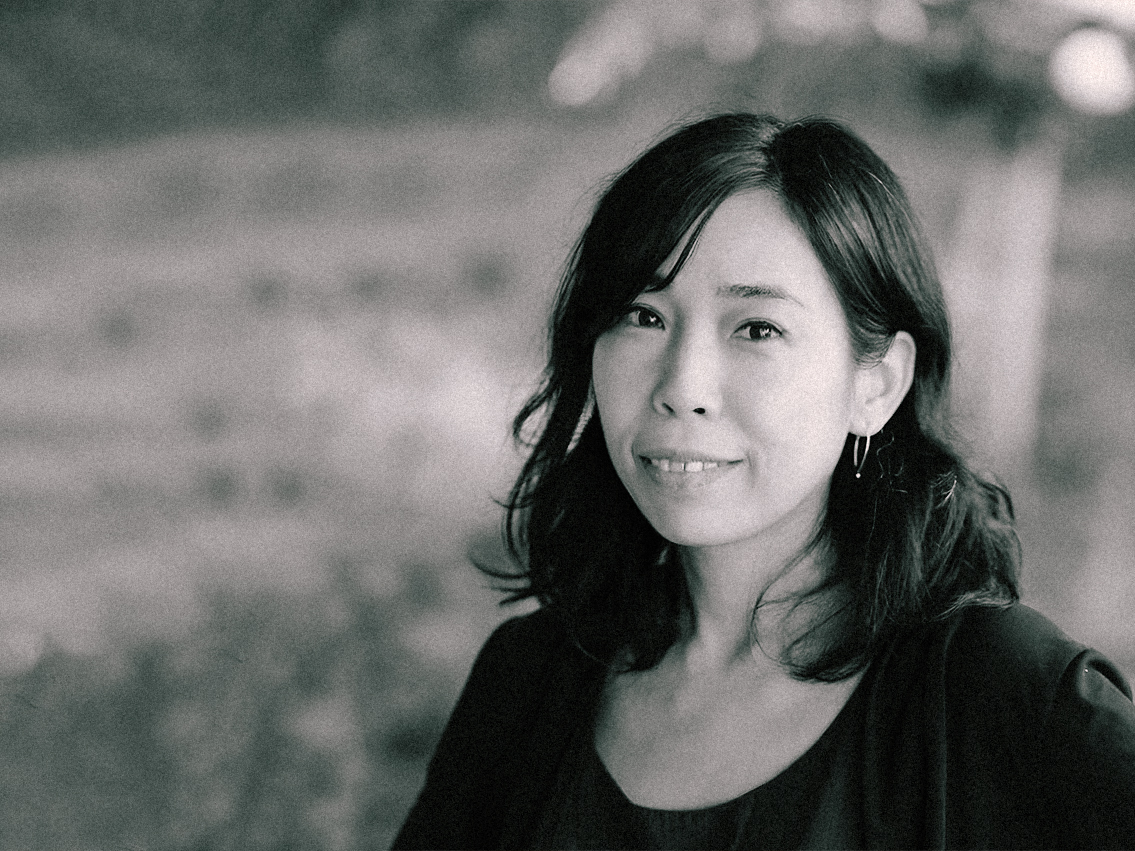From June 18 to July 12 2024, the United Nations Human Rights Council held its 56th regular session at the Palais des Nations in Geneva, Switzerland.
Presentation of Annual Report from High Commissioner Volker Türk
June 18
On June 18, High Commissioner Volker Türk presented to the council his global update on human rights in the world, during which he addressed human rights in Iran, in particular the situation of women and girls and the Hijab and Chastity Bill: “In the Islamic Republic of Iran, we continue to receive reports of violent crackdowns, including widespread arrests, against women and girls for not wearing the hijab as instructed, as new measures to enforce the hijab law are implemented. The draft bill “supporting the Family by Promoting the Culture of Chastity and Hijab” threatens to impose additional restrictive and punitive measures on women and girls. More generally, ahead of the presidential elections, I urge respect for the rights to freedom of expression and assembly, and protection of journalists. I also reiterate my call for an immediate moratorium on the death penalty, given the reported spike in executions since the beginning of the year.”
Interactive Dialogue on HC Volker Türk’s Annual Report
June 19-20
On June 19 and 20, the Human Rights Council held an interactive dialogue between High Commissioner for Human Rights Volker Türk and member states, to react to his annual report on human rights (A/HRC/56/20). Several member states shed light on the human rights situation in the Islamic Republic of Iran:
| Australia | Persecution of women and girls continues in Iran. |
| European Union | The human rights situation in Iran remains dire, including for women and girls […] We condemn executions in the kingdom of Saudi Arabia and Iran. |
| Estonia | Women and girls are deprived of their human rights in Afghanistan and Iran. |
| Czechia | We want to draw the attention to the systematic cross-human rights violations in Belarus, the DPRK and Iran. |
| Slovenia | We condemn the widespread human rights violations of women and girls in Iran, steaming from structural institutionalized discrimination. We call upon Iranian authorities to fully uphold Iran’s human rights obligations. We encourage them to engage with the council’s mechanisms, the special rapporteur and the the fact-finding mission, including on the capital punishment. |
| United States | In Syria and Iran, we condemn the systemic use of executions following unjust attentions, torture, and lack of respect for fair trial guarantees. |
| Sweden | The human rights situation in Iran remains deeply concerning, not least for women and girls. |
| Denmark | We observe a deep concern, a range of setbacks, notably in Afghanistan, Belarus, Central Sahel countries, Iran, and Libya. |
| Germany | In Iran, the overall human rights situation remains dire. The people continue to face arbitrary detentions and torture. We deplore the increase in death sentences. The fact-finding mission has demanded to continue its work and must complete it. |
Presentation of UNSG’s report on the situation of human rights in Iran
June 20
On June 20, Deputy High Commissioner on Human Rights Nada al-Nashif presented Secretary General Antonio Guterres’ report on the human rights situation in the Islamic Republic of Iran, outlining, amongst others, concerns over use of the death penalty, restrictions on freedom of expression and access to information, as well as women’s rights:
“The Secretary General’s report notes with serious concern the high number of executions during the reporting period. According to information received, at least 834 individuals were executed last year, representing a 43 percent increase from the previous year. Troubling is the 84% increase in executions for drug-related offences in 2023, the highest figure in nearly a decade. Minorities continue to be disproportionately affected by executions, with 20% of all executions in 2023 affecting the Baluch minority.”
“Civic space, online and offline, continue to be severely restricted. The government tightly controls access to information, including by blocking access to social media platforms. Artists and writers continue to be targeted in connection to their work. In 2023, at least 49 writers were imprisoned.”
“The report also describes an environment of intimidation, coercion and repression against lawyers, challenging judicial proceedings against human rights defenders and the families of protest victims.”
“The report expresses continued concern in relation to the bill to support the family by promoting the culture of chastity and hijab, which seeks to reinforce mandatory public hijab requirements for women and girls and introduces severe penalties for non-compliance.”
Appointment of new SR on Iran Dr. Mai Sato
July 12

On the final day of its 56th session, the Human Rights Council appointed Dr. Mai Sato to replace Javaid Rehman as UN Special Rapporteur on the situation of human rights in the Islamic Republic of Iran. Sato, a social scientist, inaugural director of Eleos Justice at Monash University, and academic expert on the use of the death penalty, began her mandate on August 1, 2024.
